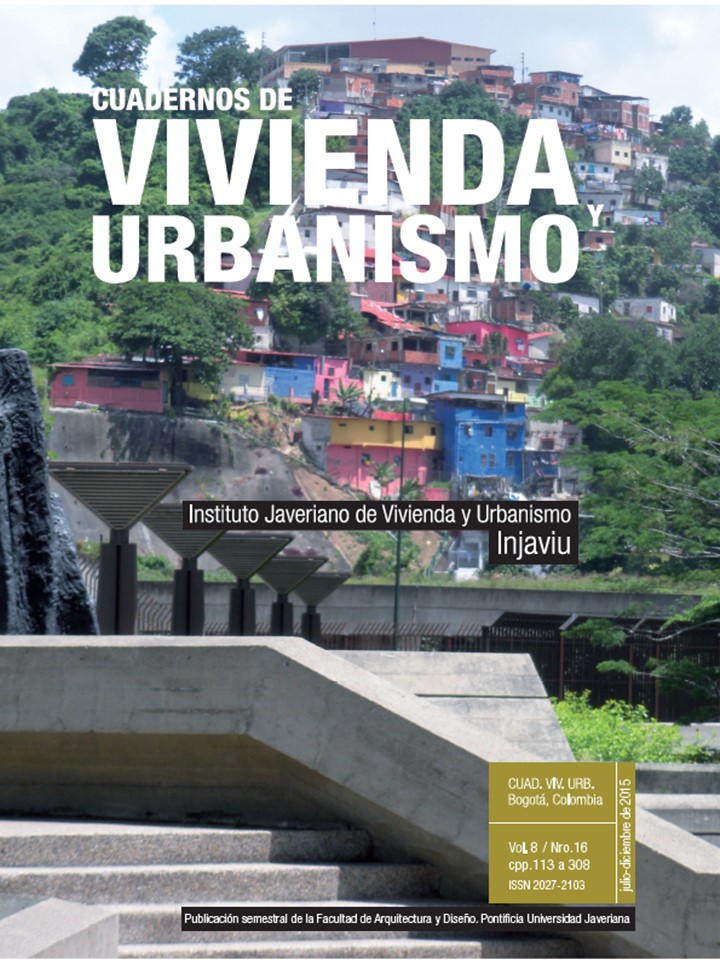Abstract
This paper explores the urban problems that took place in Temuco (Chile) between 1955 and 1970 and how the institutions tried to solve them. To reconstruct the history of the local urban development primary sources, press archives, regional management records and minutes written by the municipal councils were used. The results indicate that, at that time, the city experienced a strong population growth derived from rural-urban migration generated by the ISI model, which led to a number of drawbacks such as paving, traffic congestion, and lack of basic services and housing. We conclude that centralized institutional efforts offered slow solutions that did not fit completely the local conditions and intensified the effects of the problems as well as helped to destabilize the balance between the spheres of sustainability.
This journal is registered under a Creative Commons Attribution 4.0 International Public License. Thus, this work may be reproduced, distributed, and publicly shared in digital format, as long as the names of the authors and Pontificia Universidad Javeriana are acknowledged. Others are allowed to quote, adapt, transform, auto-archive, republish, and create based on this material, for any purpose (even commercial ones), provided the authorship is duly acknowledged, a link to the original work is provided, and it is specified if changes have been made. Pontificia Universidad Javeriana does not hold the rights of published works and the authors are solely responsible for the contents of their works; they keep the moral, intellectual, privacy, and publicity rights.
Approving the intervention of the work (review, copy-editing, translation, layout) and the following outreach, are granted through an use license and not through an assignment of rights. This means the journal and Pontificia Universidad Javeriana cannot be held responsible for any ethical malpractice by the authors. As a consequence of the protection granted by the use license, the journal is not required to publish recantations or modify information already published, unless the errata stems from the editorial management process. Publishing contents in this journal does not generate royalties for contributors.


